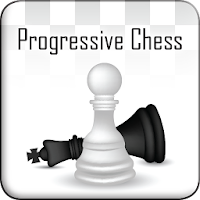Steam Bans Games with Forced In-Game Ads

Valve has taken a firm stance against in-game advertisements by creating a dedicated page for their advertising policies. This move underscores their commitment to enhancing the gaming experience for players by prohibiting forced ads within games. Let's delve into what this means for both developers and gamers.
Games Must Remove Forced Ad Elements

Valve's updated policy explicitly bans games that require players to watch or interact with advertisements to play or earn in-game rewards. This practice, prevalent in many mobile and free-to-play games, often involves unskippable ads between levels or ads that offer rewards like energy refills.
The policy has been part of Steamworks' terms for nearly five years, but the recent creation of a dedicated page highlights its importance, especially given the surge in game releases on Steam. In 2024 alone, SteamDB reports that 18,942 games were launched on the platform, prompting Valve to enforce stricter guidelines.
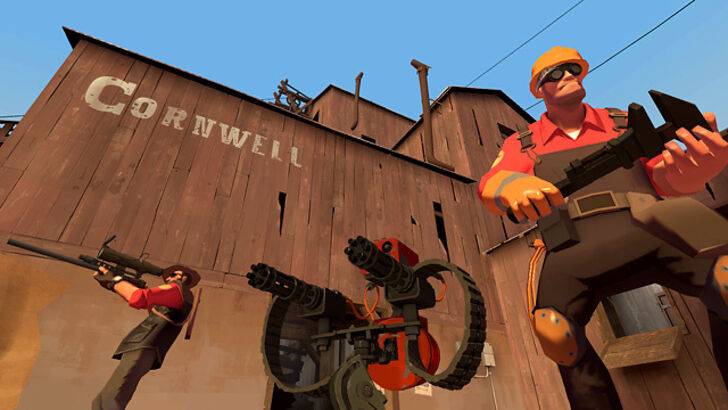
Steam, which does not feature paid advertisements, does not support games with ad-based business models. Developers wishing to list such games on Steam must remove these ad elements or transform their game into a "single purchase paid app." Alternatively, they can adopt a free-to-play model with optional microtransactions or purchasable downloadable content (DLC). For instance, the mobile game Good Pizza, Great Pizza, when ported to Steam, complied by offering its add-ons as paid DLCs or unlockable through gameplay progression.
Product Placements and Cross Promotions Permitted on Steam
While forced ads are off-limits, Steam allows product placements and cross-promotions, such as bundles and sale events, provided they have the necessary licenses for any copyrighted content. Examples include racing games like F1 Manager featuring real-life sponsor logos, or skateboarding games showcasing real-world brands.
This policy aims to ensure a higher quality of gaming experiences on PC, free from the disruption of forced ads, thereby enhancing user immersion and satisfaction.
New Warning for "Abandoned" Early Access Games
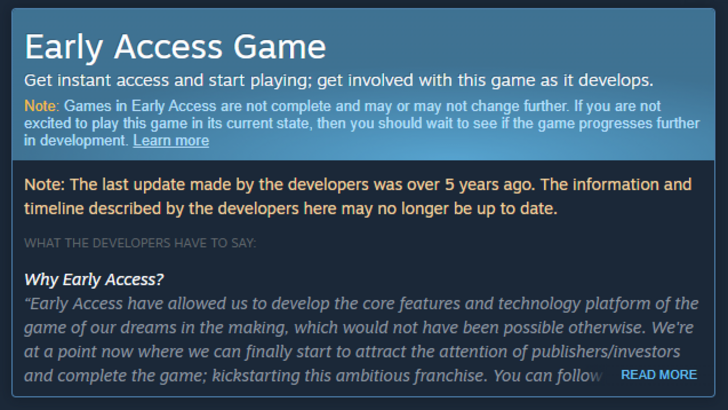
In addition to their ad policy, Steam has introduced a feature to flag Early Access games that haven't been updated in over a year. These games now display a warning on their store pages, indicating the duration since the last update and noting that the developer's information and timeline may no longer be accurate.
Given the growing number of Early Access titles on Steam, this alert helps customers identify potentially abandoned games. While negative reviews can signal a game's neglect, this prominent warning adds an extra layer of transparency.
The community's response on social media and Steam forums has been overwhelmingly positive, with many users appreciating the new feature. Some have suggested that games abandoned for over five years should be delisted entirely.
By implementing these policies, Valve continues to prioritize user experience, ensuring that Steam remains a platform dedicated to high-quality, uninterrupted gaming.
-
1
![Roblox Forsaken Characters Tier List [UPDATED] (2025)](https://imgs.ksjha.com/uploads/18/17380116246797f3e8a8a39.jpg)
Roblox Forsaken Characters Tier List [UPDATED] (2025)
Mar 17,2025
-
2
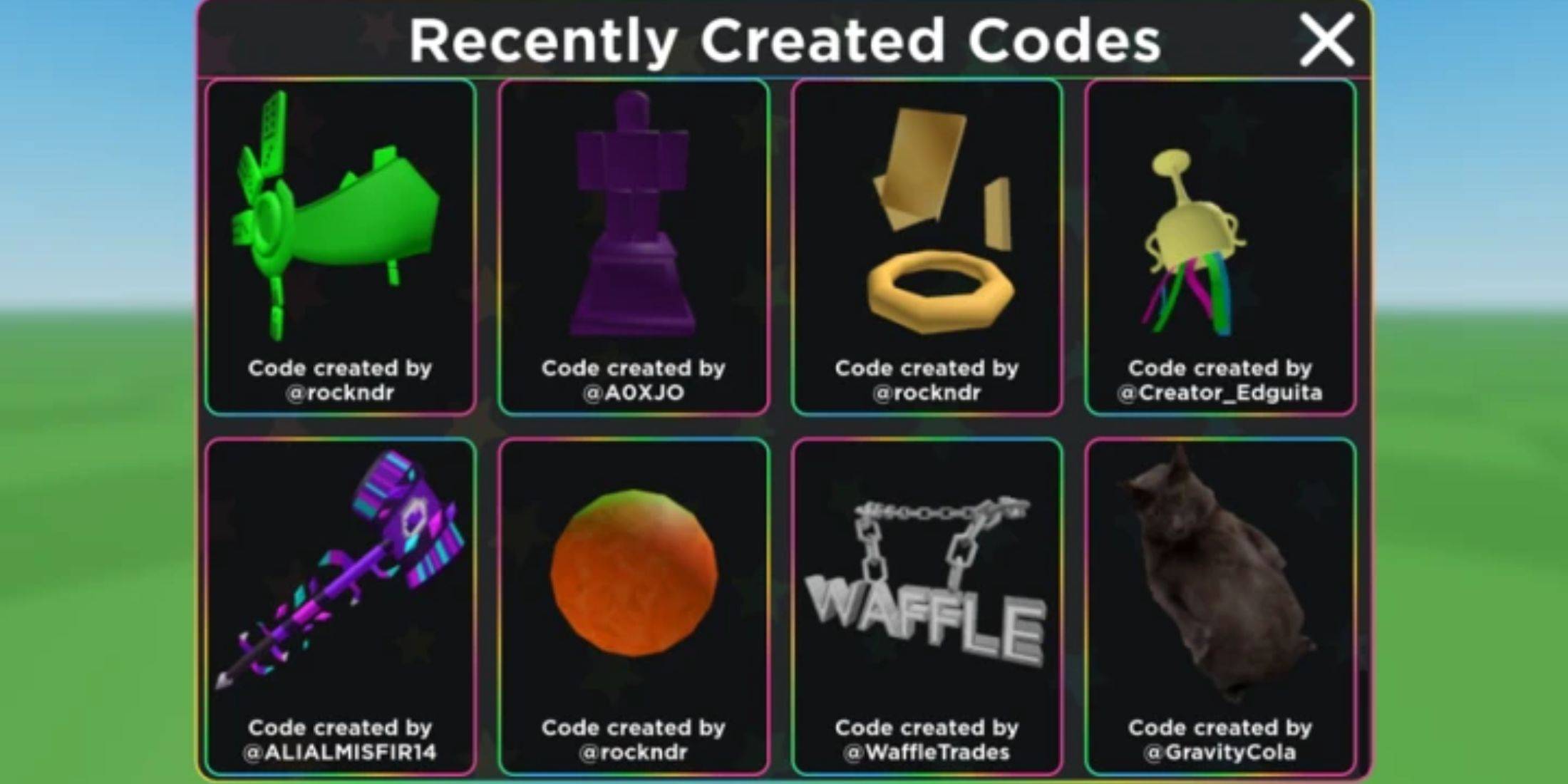
Roblox UGC Limited Codes Unveiled for January 2025
Jan 06,2025
-
3

Stardew Valley: A Complete Guide To Enchantments & Weapon Forging
Jan 07,2025
-
4

Pokémon TCG Pocket: Troubleshooting Error 102 Resolved
Jan 08,2025
-
5

Free Fire Characters 2025: Ultimate Guide
Feb 20,2025
-
6
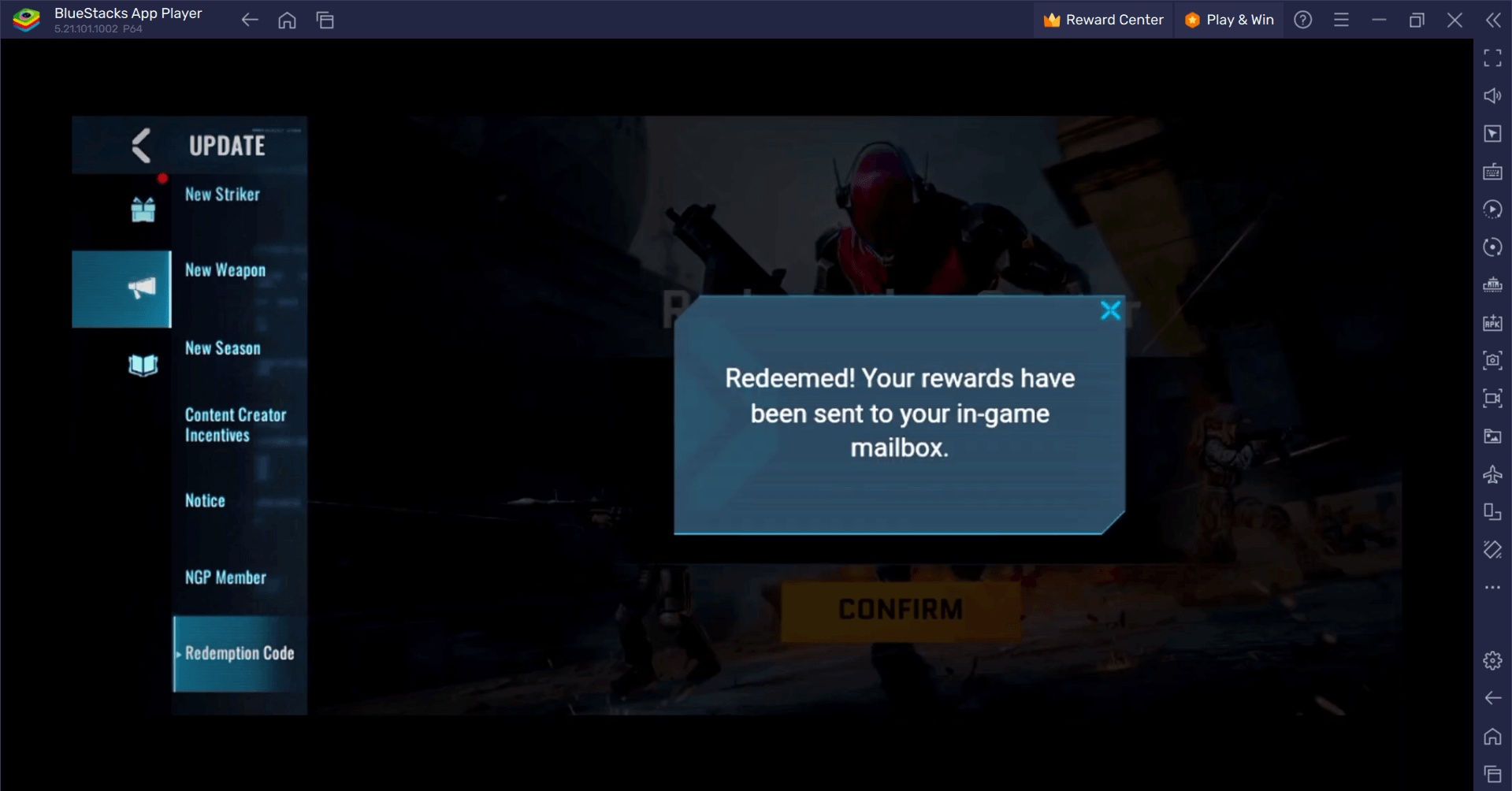
Blood Strike - All Working Redeem Codes January 2025
Jan 08,2025
-
7

Blue Archive Unveils Cyber New Year March Event
Dec 19,2024
-
8

Roblox: RIVALS Codes (January 2025)
Jan 07,2025
-
9

Cyber Quest: Engage in Captivating Card Battles on Android
Dec 19,2024
-
10

Delta Force: A Complete Guide to All Campaign Missions
Apr 09,2025
-
Download

A Simple Life with My Unobtrusive Sister
Casual / 392.30M
Update: Mar 27,2025
-
Download

Random fap scene
Casual / 20.10M
Update: Dec 26,2024
-
Download
![Corrupting the Universe [v3.0]](https://imgs.ksjha.com/uploads/66/1719514653667db61d741e9.jpg)
Corrupting the Universe [v3.0]
Casual / 486.00M
Update: Dec 17,2024
-
4
Ben 10 A day with Gwen
-
5
Oniga Town of the Dead
-
6
A Wife And Mother
-
7
Cute Reapers in my Room Android
-
8
Permit Deny
-
9
Utouto Suyasuya
-
10
Roblox






